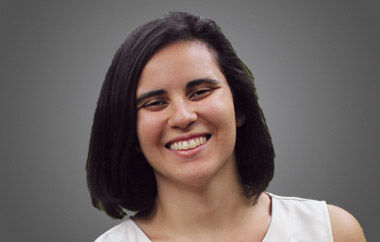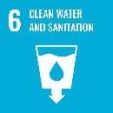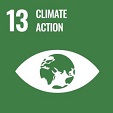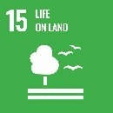MSc in Water Science, Policy and Management
Current position: Research Associate at Stockholm Environment Institute (Latin America Center), Colombia and MBA Student in Data Science at University of São Paulo, Brazil
Research focus: water resources management, water teleconnections in coupled human-natural systems, and nature-based solutions
Cláudia’s research focuses on water resources management. In collaboration with Bolivia’s Ministry of Environment and Water, she and a team of scientists from the Stockholm Environment Institute (SEI) are elaborating river basin master plans for three priority river basins in Bolivia. Combining the methodologies of robust decision support and participatory decision-making modelling, she is co-developing master plans that connect two policy-making spheres: safe sanitation and watershed management in the context of a changing climate. She co-authored a study that assessed the results of an SEI-led watershed plan that considers short-, medium-, and long-term climate change scenarios and sets measurable targets for each time horizon (2020–2050). In a region characterised by a predominantly semi-arid climate and complex hydro-social relations, the participatory modelling approach enabled stakeholders to jointly elaborate a route of actions that recognised the potential impacts of climate change. The watershed plan was later declared a departmental law, which means that the proposed actions are now binding and must be implemented.
Cláudia has realised that the watershed approach can be too large to allow analysis of small-scale issues that affect communities and ecosystems, and too small to consider linkages to regional or global factors that operate beyond watershed boundaries. For this reason, she is intrigued by the concept of ‘water teleconnections’. The term teleconnection comes from meteorology. There, it refers to a connection between weather phenomena in two areas that are far apart. Applied to water science, it refers, for example, to the impact on the water balance of distant areas through the consumption of agricultural products produced there by means of irrigation. To be able to tackle this complex, interdisciplinary matter, Cláudia is combining her work at SEI with her Data Science studies at the University of São Paulo (USP).
Her current research at USP aims to assess the extent to which international and intra-national trade in coffee production establishes teleconnections in the water resources system of a river basin that covers nearly one quarter of Colombia’s national territory. One of the first research outputs consists in piloting the Watershed Topology Tool, which was developed by the SEI team as part of an ongoing initiative on multiscale water management. Using three topological operations, this tool allows users to explore the connections between components of a water system model and to analyse the interactions of different processes at multiple scales. The research results will be applied in other case studies to further analyse the cumulative impacts of socio-environmental processes and their influence in fulfilling water management goals.
In addition to scientific advances, Cláudia is committed to present the results for local and regional participatory decision-making processes in the water sector, which have the potential to contribute to new forms of environmental governance within the framework of the UN Sustainable Development Goals.
The jury was impressed by Cláudia’s in-depth knowledge of the German research landscape as well as her target region in South America. In Brazil and many other countries, water management is an issue of great importance for prosperity and development. Cláudia works on nature-based solutions for sustainable water resource management in view of climate change.
The research of Cláudia mainly contributes to the Sustainable Development Goals 6, 13, 15:
Take a look at this video that briefly introduces Cláudia and her research:









